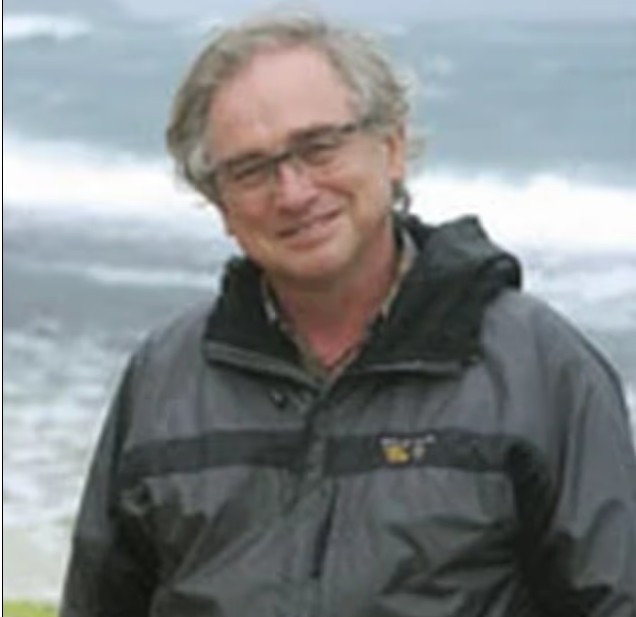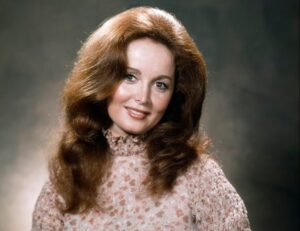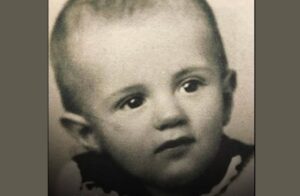The film world has just lost one of its greatest visionaries — a man whose camera work shaped the way millions experienced mystery, suspense, and cinematic beauty.
His signature style was instantly recognizable, and for decades it defined the mood of some of television and cinema’s most unforgettable stories.
Colleagues, protégés, and fans across the globe are mourning his passing. Social media is already filled with tributes, remembering a career that stretched from small independent sets to some of Hollywood’s most successful productions. His artistry didn’t just frame scenes — it told entire stories without a single word spoken.
That man was John Bartley, the New Zealand–born cinematographer who passed away on Sunday in Los Angeles at the age of 78. An Emmy Award winner and a peerless craftsman of visual storytelling, Bartley left behind a legacy that continues to influence directors, cinematographers, and audiences around the world.

Born in Wellington in 1947, he discovered his passion for imagery early, spending hours in his mother’s theatre ticket booth, mesmerized by the performances unfolding inside. After apprenticing as an electrician, he moved to Sydney at 20 to work as a lighting director before eventually relocating to Canada, where his career took flight. There he learned from masters like Sven Nykvist and Hiro Narita, building the foundation for his own iconic style.
His breakthrough came in the early 1990s with The X-Files, where his shadowy, suspenseful cinematography became as much a part of the show’s identity as its storyline. He went on to bring the lush, mysterious world of Lost to life, once again proving his ability to turn the camera into a storyteller in its own right. His work spanned genres and decades, from First Blood with Sylvester Stallone to The Chronicles of Riddick with Vin Diesel, and even the RoboCop remake.
Throughout his career, Bartley earned three American Society of Cinematographers Award nominations and multiple Emmy nominations, winning in 1996 for The X-Files. Beyond the accolades, he was a mentor to countless younger filmmakers, always reminding them that true artistry demanded sacrifice and love for the craft.
Reflecting on his journey, he once said: “You have to love it, because it is tough on family life when you are working 70 to 80 hours a week. Not everyone can do it.”
And yet he did — leaving behind not just images, but entire worlds that will live on in the hearts of those who watched.












